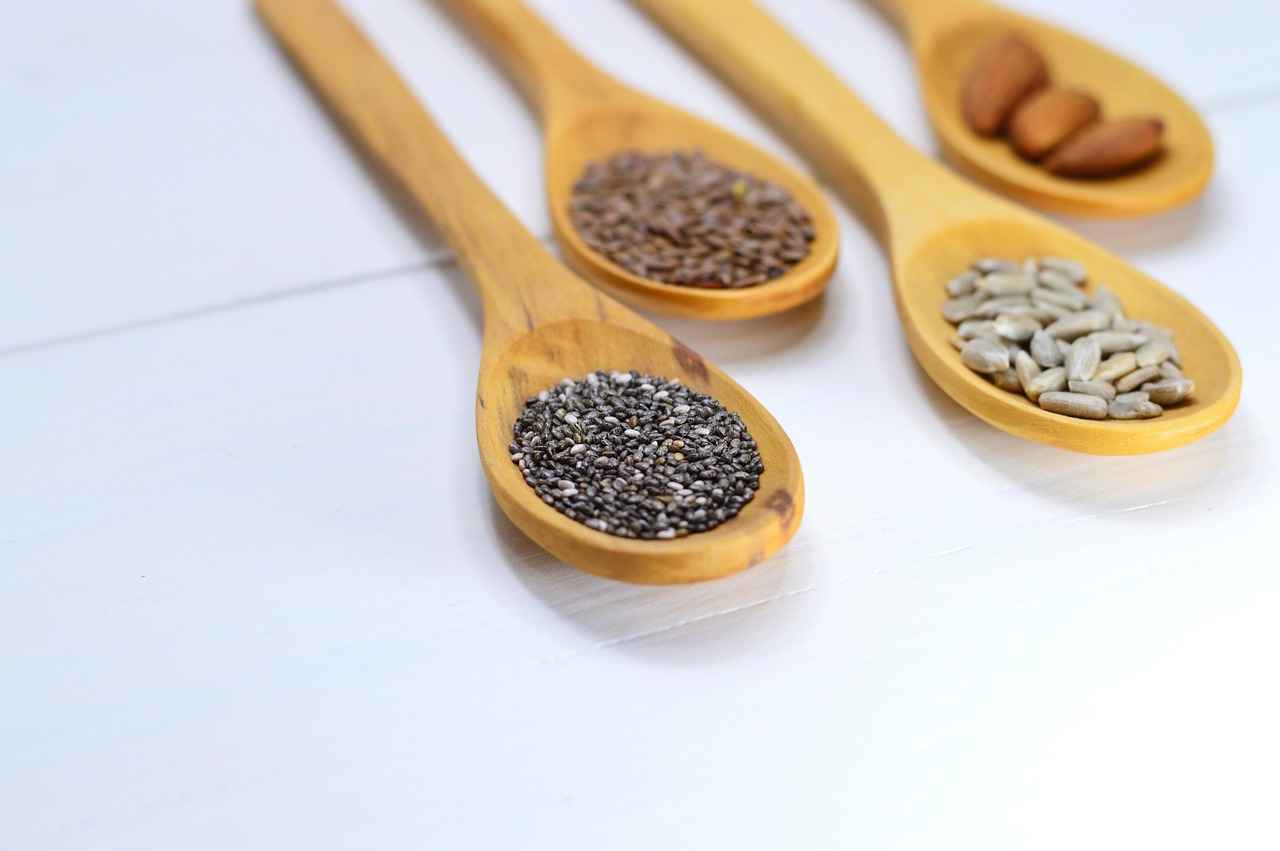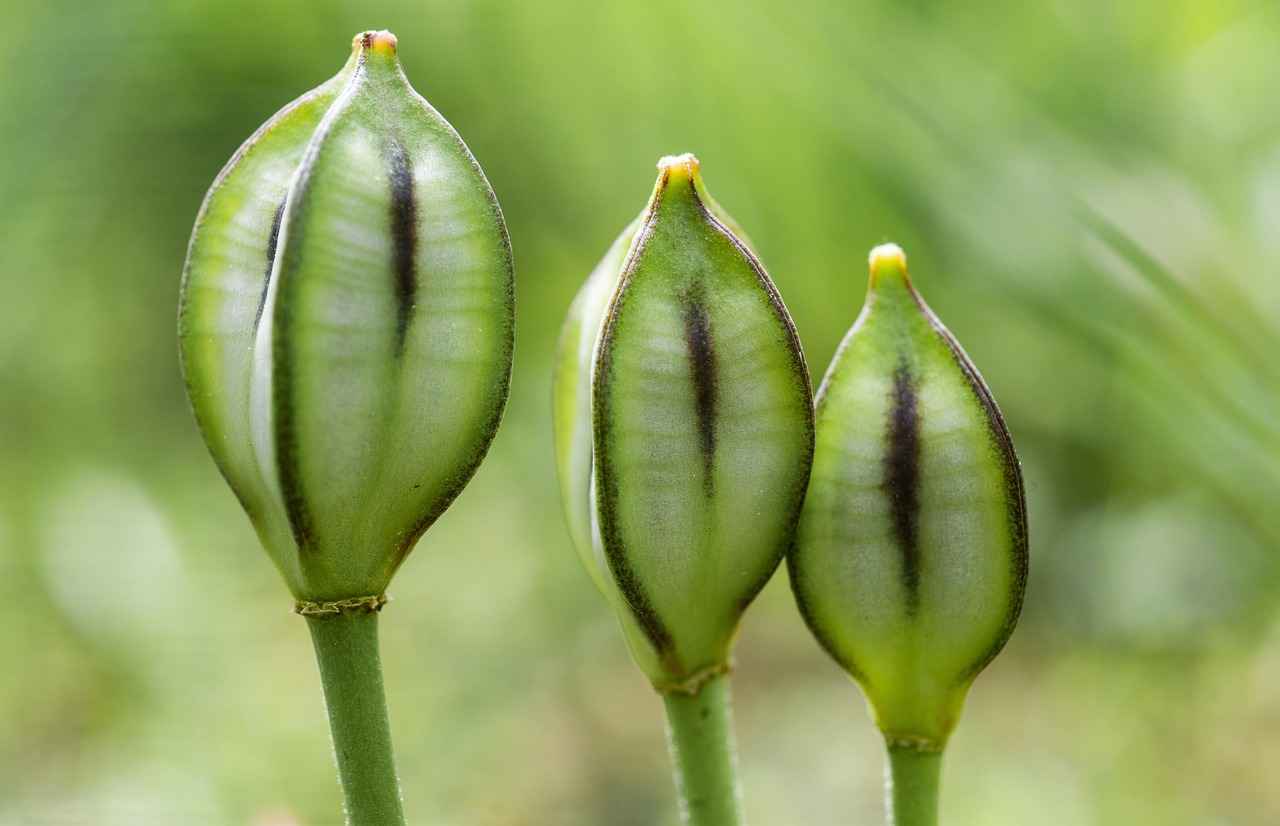Chia seeds have emerged as a popular superfood, celebrated for their remarkable health benefits and versatility in the kitchen. These tiny seeds, packed with nutrients, are not only easy to incorporate into various dishes but also offer a plethora of health advantages that make them a worthy addition to your daily diet. In this article, we will delve into the nutritional value, health benefits, and practical uses of chia seeds, uncovering why they are considered a game-changer in the realm of nutrition.
Chia seeds are derived from the Salvia hispanica plant, native to Central America. These tiny, black or white seeds are a powerhouse of nutrition, containing high levels of omega-3 fatty acids, fiber, protein, and essential minerals. Their impressive nutrient profile makes them a valuable addition to a balanced diet.
One of the standout benefits of chia seeds is their high fiber content, which is crucial for maintaining a healthy digestive system. Chia seeds can absorb up to 12 times their weight in water, forming a gel-like substance that aids in digestion and promotes regular bowel movements. This property can help prevent constipation and support overall gut health.
Due to their high fiber content, chia seeds can help you feel full for longer periods. This feeling of satiety can assist in controlling appetite and reducing overall calorie intake, making chia seeds a valuable ally in weight management strategies. Incorporating them into meals can help curb cravings and promote healthier eating habits.
Chia seeds boast an impressive array of nutrients, including:
- Protein: Essential for muscle repair and growth.
- Calcium: Important for bone health.
- Magnesium: Supports muscle and nerve function.
- Antioxidants: Help combat oxidative stress in the body.
This combination of nutrients plays a vital role in maintaining overall health and well-being.
Rich in omega-3 fatty acids, chia seeds can help lower cholesterol levels and reduce inflammation, which are key factors in promoting heart health. Regular consumption of chia seeds may contribute to a lower risk of cardiovascular diseases, making them an excellent choice for heart-conscious individuals.
Chia seeds are an excellent source of calcium, phosphorus, and magnesium, all of which are essential for maintaining strong bones. Regular consumption can help improve bone density and strength, making chia seeds a smart addition to the diets of those concerned about osteoporosis and bone health.
The balanced macronutrient profile of chia seeds provides a steady release of energy, making them an ideal food choice for athletes and those needing sustained energy throughout the day. Including chia seeds in your pre-workout meals can enhance performance and endurance.
Chia seeds are incredibly versatile and can be easily incorporated into various dishes. Here are some popular ways to use them:
- Add to smoothies for a nutritional boost.
- Mix into oatmeal or yogurt for added texture.
- Use as a thickening agent in soups and sauces.
- Incorporate into baked goods for enhanced nutrition.
Their mild flavor and unique texture can enhance meals while providing substantial health benefits.
Incorporating chia seeds into your diet is simple and convenient. Start by adding a tablespoon to your morning smoothie, sprinkle them on salads, or mix them into your favorite baked goods. As you experiment with chia seeds, you’ll discover numerous ways to enjoy their health benefits.
While chia seeds are generally safe for most people, consuming them in large quantities may lead to digestive discomfort. It is advisable to introduce them gradually into your diet and ensure adequate hydration to avoid any potential issues.
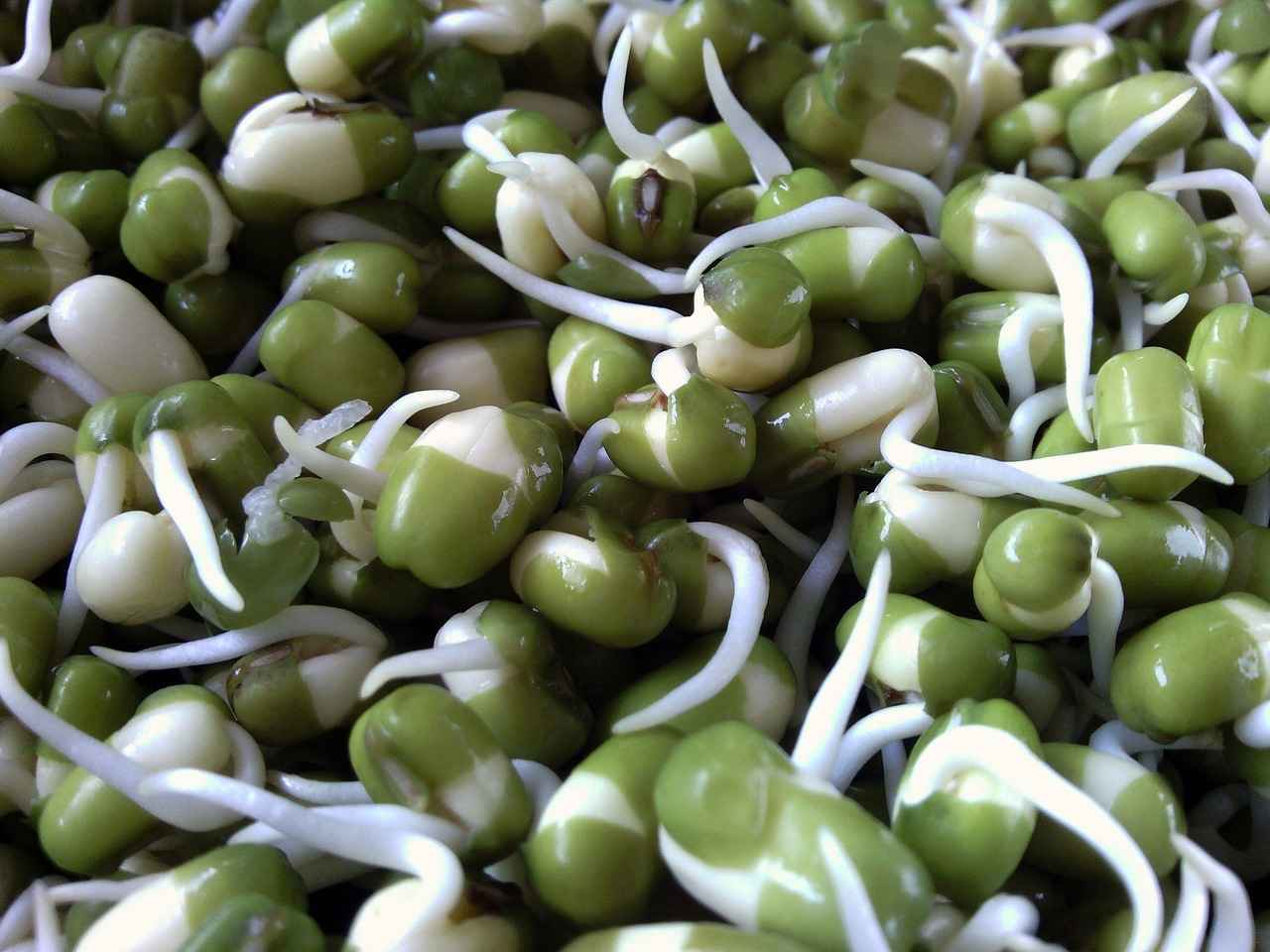
What Are Chia Seeds?
Chia seeds have emerged as a popular superfood in recent years, and for good reason. These tiny seeds, derived from the Salvia hispanica plant, are not only packed with nutrients but also offer a plethora of health benefits. Their small size belies their impressive nutritional profile, making them a fantastic addition to a balanced diet.
Chia seeds are small, oval-shaped seeds that come in various colors, including black, white, and brown. They are known for their remarkable nutrient density. A single ounce (about two tablespoons) of chia seeds contains:
- 11 grams of fiber
- 4 grams of protein
- 5 grams of omega-3 fatty acids
- 18% of the recommended daily intake of calcium
- 27% of the recommended daily intake of phosphorus
- A variety of antioxidants
This impressive nutrient composition makes chia seeds a powerhouse of health benefits, from heart health to digestive support.
The high fiber content in chia seeds plays a crucial role in promoting digestive health. When consumed, chia seeds can absorb up to 12 times their weight in water, forming a gel-like substance that aids in regular bowel movements. This property not only helps prevent constipation but also supports a healthy gut microbiome.
For those looking to manage their weight, chia seeds can be a valuable ally. Their high fiber content promotes a feeling of fullness, which can help control appetite and reduce overall calorie intake. Incorporating chia seeds into meals can therefore be a strategic way to assist in weight management.
Beyond fiber, chia seeds are rich in essential nutrients, including:
- Protein – Important for muscle repair and growth
- Calcium – Vital for bone health
- Magnesium – Supports numerous biochemical reactions in the body
- Antioxidants – Help combat oxidative stress
This diverse nutrient profile makes chia seeds an excellent choice for enhancing overall health.
Chia seeds are particularly known for their high levels of omega-3 fatty acids, which are essential for heart health. These fatty acids can help lower cholesterol levels and reduce inflammation, thus decreasing the risk of cardiovascular diseases.
Rich in calcium, phosphorus, and magnesium, chia seeds play a significant role in maintaining strong bones. Regular consumption can contribute to better bone density and strength, making them a smart addition to the diet for those concerned about bone health.
Chia seeds provide a steady release of energy due to their balanced macronutrient profile. This makes them an excellent food choice for athletes and anyone needing sustained energy throughout the day. Their ability to absorb water can also help maintain hydration, further supporting energy levels.
Chia seeds are incredibly versatile and can be easily incorporated into various dishes. They can be added to:
- Smoothies for a nutrient boost
- Yogurt for added texture
- Baked goods as a healthy ingredient
- Salads for crunch
Their mild flavor and unique texture enhance meals while adding nutritional value.
Incorporating chia seeds into your diet is simple and convenient. They can be sprinkled on top of meals, mixed into drinks, or used as a thickening agent in recipes. Start with a small amount and gradually increase your intake to enjoy the benefits without digestive discomfort.
While chia seeds are generally safe for most people, consuming them in large quantities may lead to digestive discomfort. It’s essential to introduce them gradually into your diet and stay hydrated to maximize their benefits.
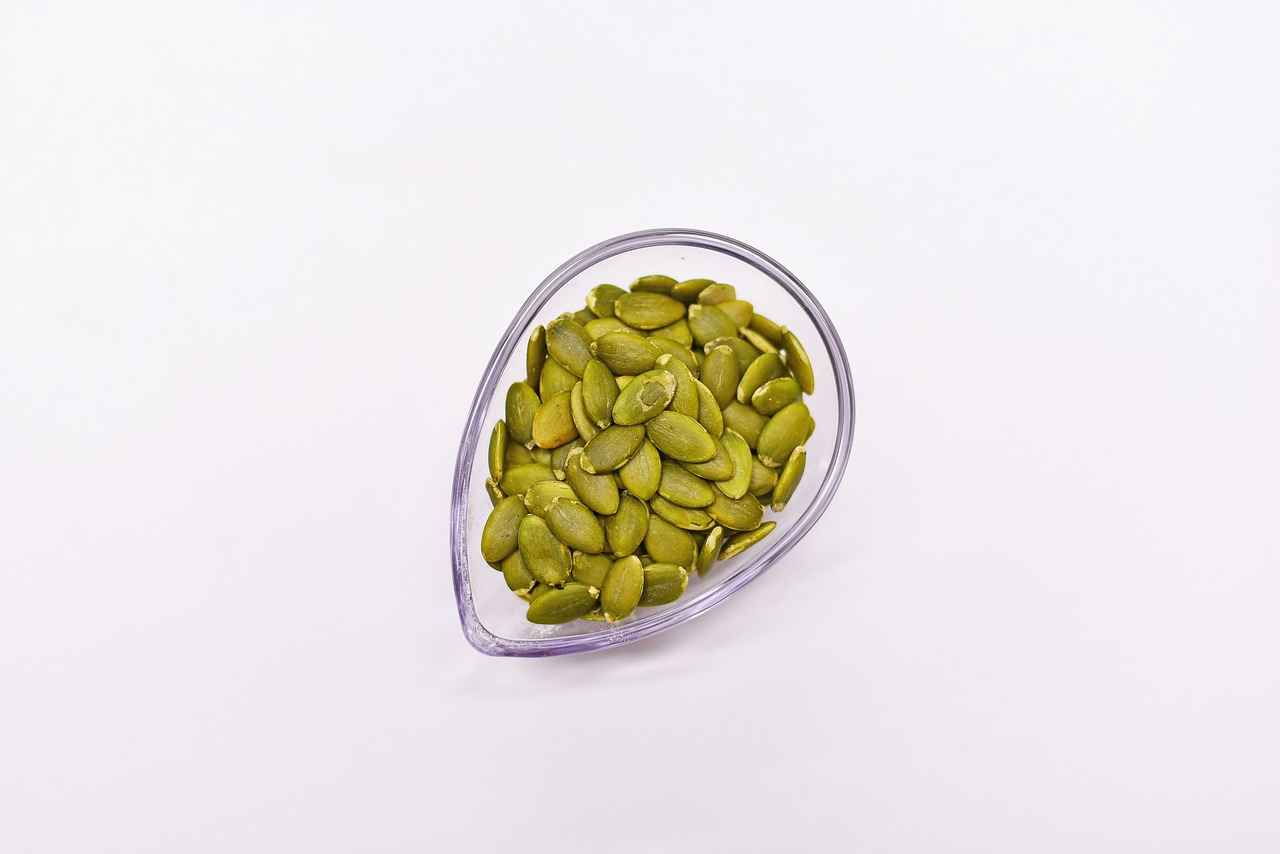
How Do Chia Seeds Promote Digestive Health?
Chia seeds have emerged as a popular superfood, not only for their nutritional density but also for their remarkable benefits to digestive health. Understanding how these tiny seeds can significantly enhance gut function is essential for anyone looking to improve their overall well-being.
Chia seeds are an exceptional source of dietary fiber, containing approximately 11 grams of fiber per ounce (28 grams). This high fiber content is crucial for maintaining a healthy digestive system. Fiber plays a vital role in promoting regular bowel movements, which is essential for preventing constipation.
One of the unique properties of chia seeds is their ability to absorb water. When soaked, they can expand up to 12 times their size, forming a gel-like substance. This characteristic not only helps to keep you hydrated but also adds bulk to your stool, making it easier to pass. The gel-like consistency slows down digestion, allowing for better nutrient absorption while keeping you feeling fuller for longer.
Moreover, the soluble fiber in chia seeds acts as a prebiotic, which means it serves as food for the beneficial bacteria in your gut. A healthy gut microbiome is crucial for optimal digestion and overall health. By nourishing these good bacteria, chia seeds can improve gut health, leading to better digestion and enhanced immune function.
- Regular Bowel Movements: The fiber in chia seeds promotes regularity and prevents constipation.
- Hydration: Their water-absorbing ability helps maintain hydration levels in the digestive tract.
- Prebiotic Benefits: Chia seeds support the growth of healthy gut bacteria.
In addition to their fiber content, chia seeds are rich in omega-3 fatty acids, which have anti-inflammatory properties. Inflammation in the gut can lead to various digestive issues. By incorporating chia seeds into your diet, you can help reduce inflammation and promote a healthier digestive system.
To reap the full benefits of chia seeds, consider adding them to your daily meals. They can be sprinkled on salads, blended into smoothies, or mixed into yogurt. For those looking to enhance their baking, chia seeds can be incorporated into muffins, bread, and energy bars. The versatility of chia seeds makes it easy to include them in various recipes, ensuring that you can enjoy their health benefits without compromising on taste.
However, it is important to introduce chia seeds gradually into your diet. Some individuals may experience digestive discomfort if they consume too many seeds at once, especially if they are not accustomed to a high-fiber diet. Always ensure you are drinking plenty of water when consuming chia seeds to aid in their digestion.
In summary, chia seeds are a powerhouse of nutrients that can significantly enhance digestive health. Their high fiber content, ability to absorb water, and prebiotic properties make them an excellent choice for anyone looking to improve their gut function. By incorporating chia seeds into your daily diet, you can enjoy a healthier digestive system and overall well-being.

Can Chia Seeds Help with Weight Management?
Chia seeds, often hailed as a superfood, have become increasingly popular in health and wellness circles. One of the most notable benefits attributed to these tiny seeds is their potential to aid in weight management. But how exactly do chia seeds contribute to this goal? Let’s explore the mechanisms behind their effectiveness.
At the core of chia seeds’ weight management properties is their high fiber content. With approximately 11 grams of fiber per ounce, these seeds can significantly contribute to your daily intake. Fiber is known for its ability to promote a feeling of fullness or satiety, which is crucial when it comes to controlling appetite. When you consume chia seeds, they absorb water and expand in your stomach, creating a gel-like substance that takes up space and helps you feel satisfied for longer periods.
This sensation of fullness can be incredibly beneficial for those looking to reduce overall calorie intake. By incorporating chia seeds into meals or snacks, individuals may find it easier to resist the urge to overeat. For example, adding chia seeds to smoothies or yogurts can enhance the nutritional profile of these foods while also helping to curb hunger pangs.
In addition to promoting satiety, chia seeds provide a steady release of energy due to their unique combination of proteins, fats, and carbohydrates. This balanced macronutrient profile helps prevent the energy crashes that often lead to unhealthy snacking. Instead of reaching for high-calorie, sugary snacks, individuals may turn to healthier options when they feel energized and satisfied after consuming chia seeds.
Moreover, chia seeds are incredibly versatile and can be easily incorporated into a variety of meals. Here are some practical ways to include them in your diet:
- Add chia seeds to your morning oatmeal or cereal for an extra fiber boost.
- Mix them into smoothies for added texture and nutrition.
- Use chia seeds as a thickening agent in soups and sauces.
- Sprinkle them on salads for a crunchy topping.
It’s important to note that while chia seeds can aid in weight management, they should not be viewed as a magic solution. A balanced diet and regular physical activity are essential components of any successful weight loss strategy. Additionally, moderation is key; excessive consumption of chia seeds can lead to digestive issues due to their high fiber content.
In conclusion, chia seeds can be a valuable ally in the quest for weight management. Their ability to promote fullness, provide sustained energy, and easily fit into various meals makes them a practical choice for anyone looking to adopt healthier eating habits. By incorporating chia seeds into your diet, you may find it easier to control your appetite and make more informed food choices.

What Nutrients Are Found in Chia Seeds?
Chia seeds, often hailed as a superfood, are tiny yet mighty seeds that originate from the Salvia hispanica plant. These seeds have surged in popularity due to their remarkable nutritional profile, which offers a myriad of health benefits. In this section, we will delve into the essential nutrients found in chia seeds and their significance for our health.
Chia seeds are a powerhouse of nutrition, boasting a rich array of essential nutrients that are crucial for maintaining optimal health. Here’s a closer look at some of the key nutrients:
- Protein: Chia seeds are an excellent source of plant-based protein, containing about 4 grams per ounce. This makes them a fantastic addition for vegetarians and vegans looking to meet their protein needs.
- Omega-3 Fatty Acids: These seeds are one of the richest plant sources of omega-3 fatty acids, particularly alpha-linolenic acid (ALA). Omega-3s are known for their anti-inflammatory properties and are essential for heart and brain health.
- Calcium: A single ounce of chia seeds provides approximately 18% of the recommended daily intake of calcium, which is vital for maintaining strong bones and teeth.
- Magnesium: Chia seeds are also rich in magnesium, offering about 30% of the daily requirement. Magnesium plays a crucial role in over 300 biochemical reactions in the body, including energy production and muscle function.
- Antioxidants: These tiny seeds are loaded with antioxidants that help combat oxidative stress in the body. Antioxidants are essential for protecting cells from damage caused by free radicals.
- Fiber: Chia seeds are an excellent source of dietary fiber, containing about 11 grams per ounce. This high fiber content aids in digestion, helps regulate blood sugar levels, and promotes a feeling of fullness.
The combination of these nutrients makes chia seeds incredibly beneficial for overall health. For instance, the high fiber content not only supports digestive health but also aids in weight management by promoting satiety. Furthermore, the omega-3 fatty acids contribute to heart health by lowering cholesterol and reducing inflammation.
In addition to these nutrients, chia seeds contain trace amounts of other important minerals such as phosphorus, potassium, and zinc, further enhancing their nutritional value. The unique ability of chia seeds to absorb water and form a gel-like substance also makes them a popular ingredient in various recipes, providing both texture and nutrition.
Incorporating chia seeds into your diet is simple and versatile. They can be added to smoothies, sprinkled on salads, or used as an egg substitute in baking due to their binding properties. This adaptability makes them an easy addition to any meal, allowing you to reap their numerous health benefits effortlessly.
In summary, chia seeds are not just a trendy health food; they are a nutrient-dense addition to any diet. With their rich profile of protein, omega-3 fatty acids, calcium, magnesium, and antioxidants, chia seeds offer a multitude of health benefits that support overall well-being. By including these tiny seeds in your meals, you can enhance your nutrition and promote a healthier lifestyle.
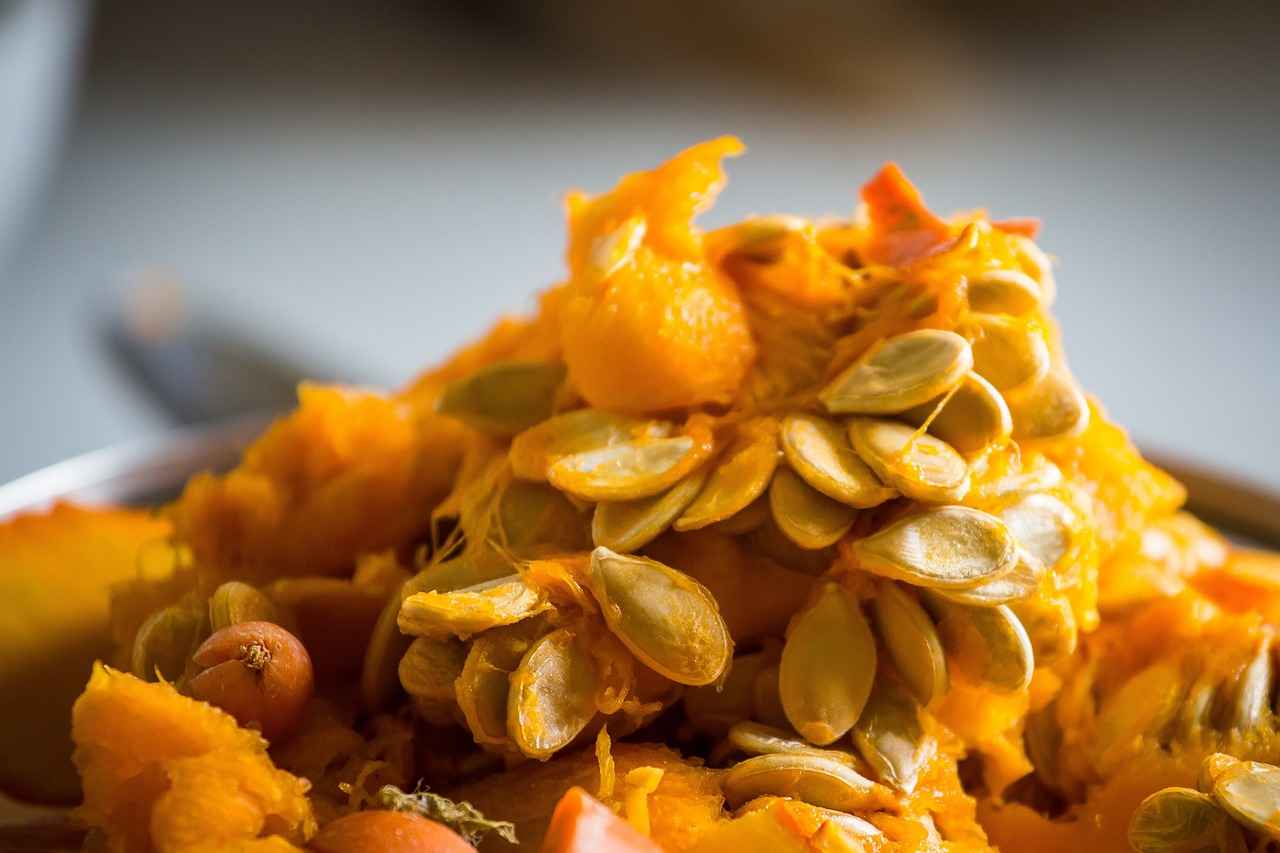
How Do Chia Seeds Support Heart Health?
Chia seeds, often hailed as a superfood, are not just a trendy addition to smoothies and salads; they are a powerhouse of nutrients that can significantly benefit heart health. In this section, we will delve into how these tiny seeds can contribute to a healthier cardiovascular system.
Rich Source of Omega-3 Fatty Acids
One of the most notable benefits of chia seeds is their high content of omega-3 fatty acids, particularly alpha-linolenic acid (ALA). Omega-3 fatty acids are essential fats that our bodies cannot produce on their own, making it crucial to obtain them through diet. Research indicates that ALA can help lower levels of LDL cholesterol (often referred to as “bad” cholesterol) and increase levels of HDL cholesterol (“good” cholesterol). This balance is vital for maintaining a healthy heart and reducing the risk of cardiovascular diseases.
Anti-Inflammatory Properties
Chia seeds are also known for their anti-inflammatory properties. Chronic inflammation is a significant contributor to heart disease. The omega-3 fatty acids found in chia seeds can help reduce inflammation throughout the body, thereby lowering the risk of heart-related issues. By incorporating chia seeds into your diet, you may help combat the underlying inflammation that can lead to serious health problems.
Improved Blood Pressure Regulation
Another way chia seeds support heart health is through their potential to help regulate blood pressure. Studies have shown that diets rich in omega-3 fatty acids can lead to lower blood pressure levels. Maintaining a healthy blood pressure is crucial for reducing the risk of heart attacks and strokes. Adding chia seeds to your meals could be a simple yet effective strategy to support your cardiovascular health.
High Fiber Content
Chia seeds are an excellent source of dietary fiber, which plays a crucial role in heart health. Fiber helps reduce cholesterol levels and promotes healthy digestion. A high-fiber diet can lead to lower blood pressure and improved heart function. By consuming chia seeds, you not only enhance your fiber intake but also contribute to better overall cardiovascular health.
Antioxidant Benefits
In addition to their omega-3 fatty acids and fiber, chia seeds are rich in antioxidants. Antioxidants help combat oxidative stress and protect the body from free radicals, which can damage cells and contribute to heart disease. By including chia seeds in your diet, you can boost your antioxidant intake, further supporting heart health.
How to Incorporate Chia Seeds for Heart Health
- Add chia seeds to your morning smoothie for a nutritious start to your day.
- Mix them into yogurt or oatmeal for a fiber boost.
- Use chia seeds as a thickening agent in soups and sauces.
- Sprinkle them on salads for added crunch and nutrition.
In conclusion, chia seeds are more than just a trendy food; they are a nutritional powerhouse that can significantly enhance heart health. Their rich content of omega-3 fatty acids, fiber, antioxidants, and anti-inflammatory properties makes them an excellent addition to any diet. By incorporating chia seeds into your meals, you can take proactive steps toward a healthier heart and a lower risk of cardiovascular diseases.
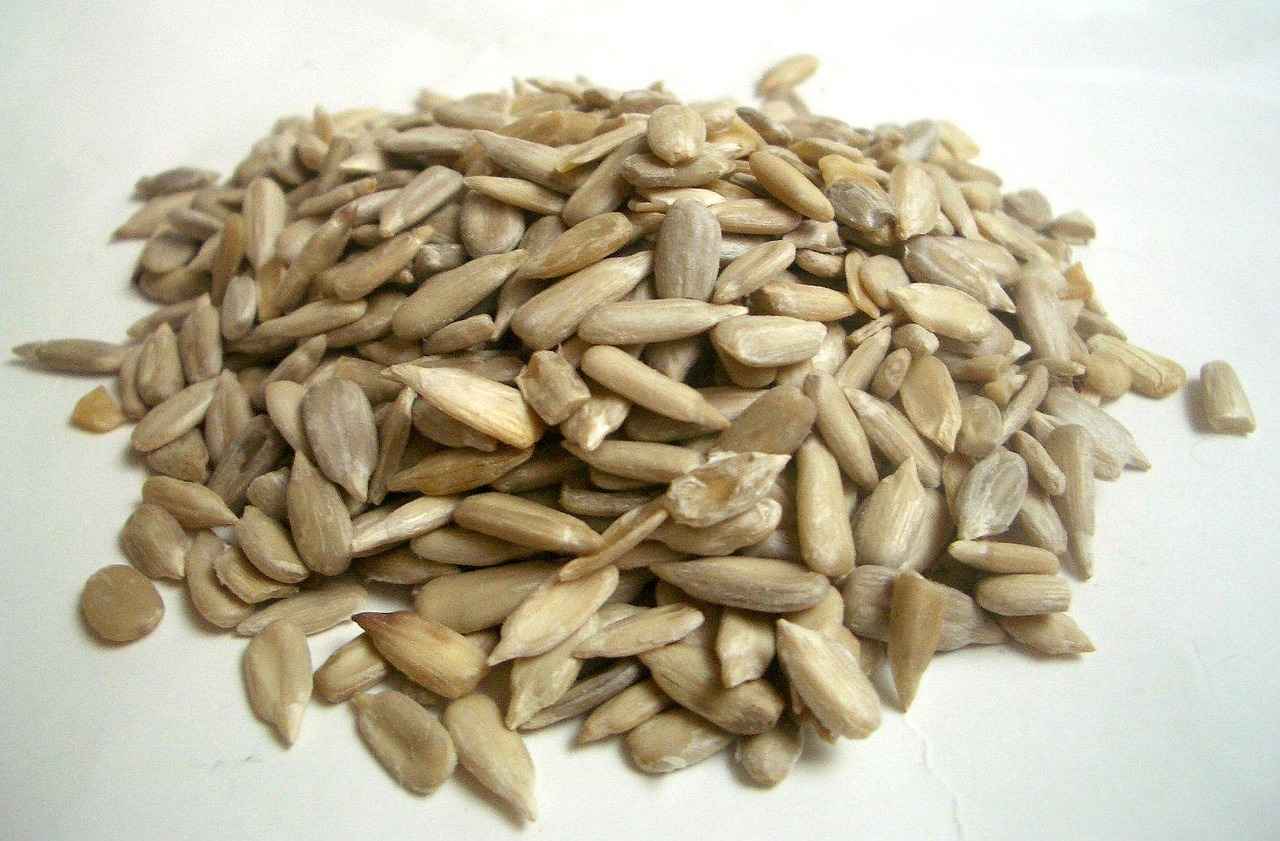
Are Chia Seeds Beneficial for Bone Health?
Chia seeds, often hailed as a superfood, are not only rich in omega-3 fatty acids and fiber but also contain a variety of essential minerals that play a crucial role in maintaining bone health. As more people seek natural ways to enhance their well-being, understanding the benefits of these tiny seeds becomes increasingly important.
One of the standout features of chia seeds is their impressive mineral content. They are particularly high in calcium, phosphorus, and magnesium. These minerals are vital for maintaining strong and healthy bones. Let’s delve deeper into how each of these nutrients contributes to bone health:
- Calcium: This mineral is essential for bone structure and strength. A sufficient intake of calcium helps in the formation of bone mass and reduces the risk of osteoporosis.
- Phosphorus: Working in conjunction with calcium, phosphorus is crucial for bone mineralization. It aids in the growth and maintenance of bones and teeth.
- Magnesium: This mineral plays a role in converting vitamin D into its active form, which is necessary for calcium absorption. Magnesium deficiency can lead to weakened bones.
Regular consumption of chia seeds can help individuals meet their daily requirements for these essential nutrients. For example, just two tablespoons of chia seeds provide approximately 18% of the daily recommended intake of calcium. This makes them an excellent choice for those who may not consume enough dairy products or other calcium-rich foods.
Moreover, the high fiber content in chia seeds contributes to overall digestive health, which is indirectly beneficial for bone health. A healthy digestive system ensures that nutrients are effectively absorbed, allowing the body to utilize the calcium and other minerals from chia seeds efficiently.
In addition to their nutrient profile, chia seeds are also low in calories and can be easily incorporated into various diets. They can be added to smoothies, oatmeal, or even baked goods, making them a versatile option for enhancing your meals while supporting bone health.
For individuals looking to improve their bone density, incorporating chia seeds into their diet can be a simple yet effective strategy. They can serve as a nutritious supplement alongside other bone-strengthening foods such as leafy greens, fish, and nuts.
It’s important to note that while chia seeds offer numerous benefits, they should be consumed as part of a balanced diet. Relying solely on chia seeds for bone health is not advisable. Instead, they should complement a varied diet rich in different nutrients.
In conclusion, chia seeds are a powerhouse of essential minerals that can significantly contribute to bone health. Their rich content of calcium, phosphorus, and magnesium, combined with their ease of incorporation into meals, makes them a valuable addition to any health-conscious diet. By adding chia seeds to your daily routine, you can take a proactive step towards maintaining strong and healthy bones.

How Can Chia Seeds Improve Energy Levels?
Chia seeds, often hailed as a superfood, are not just tiny in size but also mighty in their ability to enhance energy levels. Their unique macronutrient profile is key to providing a steady release of energy, making them an ideal choice for athletes and individuals seeking sustained vitality throughout the day.
One of the standout features of chia seeds is their rich content of complex carbohydrates. Unlike simple sugars that lead to quick spikes and crashes in energy, the carbohydrates in chia seeds are digested slowly. This gradual breakdown ensures that energy is released steadily over time, preventing the fatigue associated with sudden energy drops.
Additionally, chia seeds are a fantastic source of healthy fats, particularly omega-3 fatty acids. These fats are essential for optimal brain function and can enhance mental clarity and focus, which is crucial for anyone needing to maintain high energy levels, especially during demanding physical activities. The combination of carbohydrates and fats in chia seeds provides a balanced energy source that supports both physical and mental performance.
Moreover, chia seeds are packed with protein, which is vital for muscle repair and recovery. For athletes, consuming chia seeds post-workout can help replenish energy stores and aid in muscle recovery. The protein content also contributes to a feeling of fullness, reducing the likelihood of energy dips caused by hunger.
Hydration is another important aspect of energy maintenance, and chia seeds excel in this area as well. When soaked in liquid, chia seeds can absorb up to 12 times their weight in water. This unique property not only helps keep you hydrated but also creates a gel-like consistency that can slow digestion and prolong the release of energy. This means that incorporating chia seeds into your meals can help you stay energized and hydrated throughout the day.
For those looking to incorporate chia seeds into their diet, there are numerous ways to enjoy their benefits. They can be added to smoothies, sprinkled on yogurt, or mixed into oatmeal. Chia pudding, made by soaking the seeds in milk or a milk alternative, is a popular and delicious way to consume them. This not only provides a nutritious snack but also ensures a steady energy release throughout the day.
In conclusion, chia seeds are a powerful ally in the quest for sustained energy. Their balanced macronutrient profile, rich content of healthy fats, protein, and fiber, combined with their hydrating properties, make them an excellent choice for anyone looking to boost their energy levels. Whether you are an athlete or simply seeking to enhance your daily vitality, incorporating chia seeds into your diet can provide the necessary support to keep you energized and focused.

What Are the Culinary Uses of Chia Seeds?
Chia seeds are not just a health trend; they are a versatile superfood that can elevate your culinary creations. Their unique properties make them an excellent addition to a variety of dishes, offering both nutritional benefits and culinary flexibility.
Chia seeds have a mild, nutty flavor that allows them to blend seamlessly into both sweet and savory dishes. This adaptability makes them a popular choice among chefs and home cooks alike. Whether you’re looking to enhance your breakfast, lunch, or dinner, chia seeds can easily fit into your menu.
One of the most popular ways to incorporate chia seeds is by adding them to smoothies. They not only thicken the texture but also boost the nutritional profile. Simply add a tablespoon of chia seeds to your favorite smoothie recipe. The seeds will absorb liquid, creating a creamy consistency while providing fiber and omega-3 fatty acids.
Chia seeds can also be used in baked goods. They can replace eggs in vegan recipes by forming a gel-like substance when mixed with water. To create a chia egg, combine one tablespoon of chia seeds with three tablespoons of water and let it sit for about 15 minutes. This mixture works well in muffins, pancakes, and bread, adding moisture and nutritional value.
Adding chia seeds to salads is another excellent way to boost their health benefits. Sprinkle them on top of salads or mix them into dressings for added texture and nutrition. They can also serve as a thickening agent in homemade salad dressings, providing a nutritious alternative to traditional emulsifiers.
Chia seed puddings have gained popularity as a healthy dessert or snack option. By combining chia seeds with milk (dairy or plant-based) and a sweetener of your choice, you can create a delicious pudding. Let it sit in the refrigerator for a few hours or overnight, and you’ll have a creamy, nutrient-dense treat that can be flavored with fruits, nuts, or spices.
- Energy Bars: Incorporate chia seeds into homemade energy bars for a nutritious snack.
- Soups and Stews: Add them to soups and stews as a thickening agent, enhancing both texture and nutrition.
- Cereal and Oatmeal: Mix chia seeds into your morning cereal or oatmeal for an extra boost of fiber and protein.
Incorporating chia seeds into your meals not only enhances flavor and texture but also adds significant nutritional value. They are rich in antioxidants, fiber, and essential fatty acids, making them a powerhouse ingredient. Additionally, their ability to absorb liquid can help you feel fuller for longer, which is beneficial for weight management.
In summary, chia seeds are a multifaceted ingredient that can be easily integrated into various culinary applications. From smoothies and baked goods to salads and puddings, their versatility is unmatched. So, if you’re looking to enhance your meals while reaping the health benefits, consider adding chia seeds to your diet.
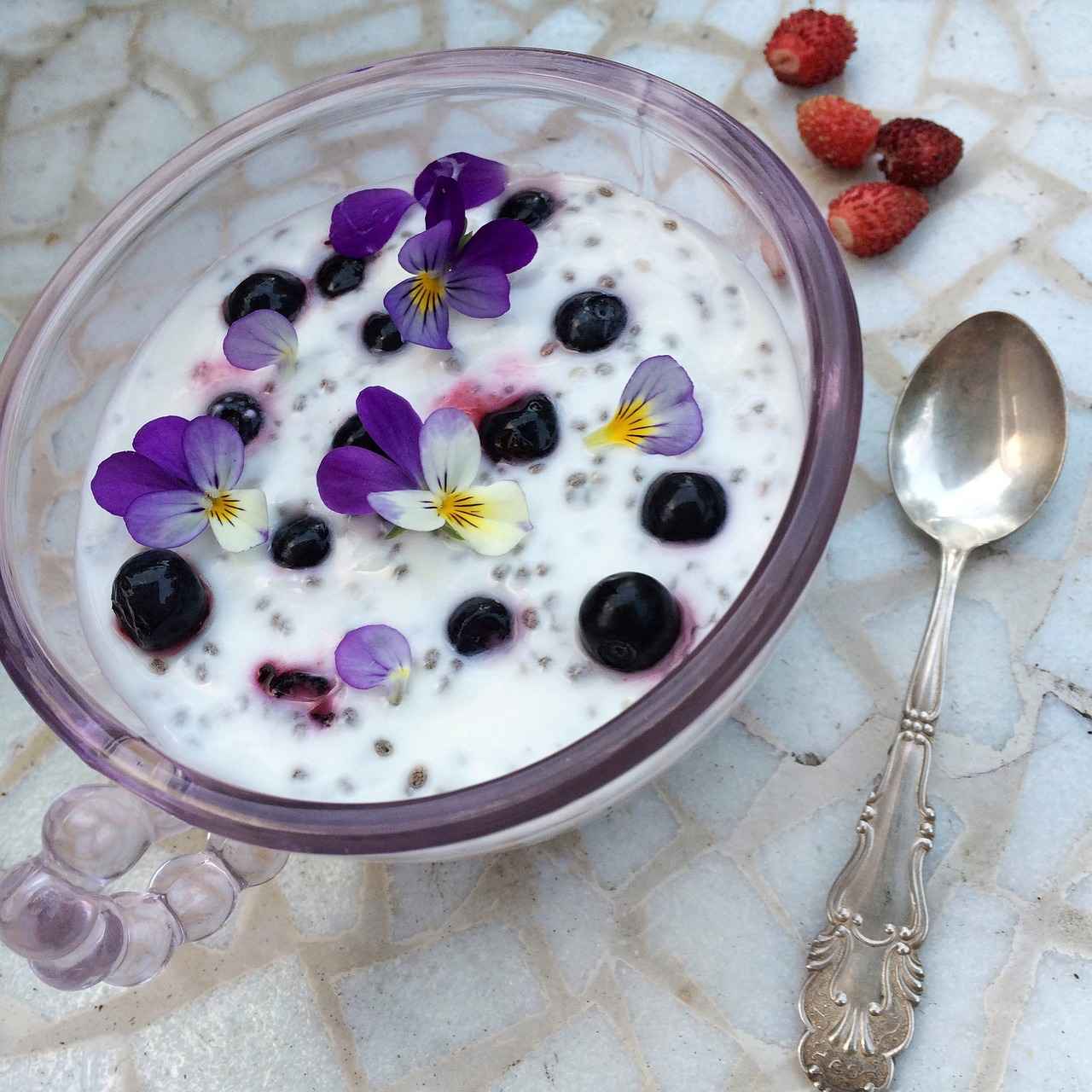
How to Incorporate Chia Seeds into Your Diet?
Incorporating chia seeds into your diet is not only easy but also a delicious way to enhance your meals with their impressive nutritional profile. These tiny seeds are incredibly versatile, allowing you to experiment with various dishes while reaping their health benefits. Here are some practical and creative ways to include chia seeds in your daily meals.
- Add to Breakfast: Start your day by mixing chia seeds into your yogurt or oatmeal. They can absorb liquid and create a delightful texture, making your breakfast more filling and nutritious. Consider preparing a chia pudding by soaking the seeds in almond milk overnight and topping it with fruits and nuts for a satisfying morning meal.
- Boost Your Smoothies: When making smoothies, simply throw in a tablespoon of chia seeds. They will not only enhance the nutrient content but also help thicken the smoothie, giving it a creamy consistency without adding calories. This is a great way to sneak in extra fiber and protein.
- Enhance Salads: Sprinkle chia seeds over your favorite salads for an added crunch. They blend well with leafy greens and other vegetables, providing a nutty flavor that complements various dressings. This is an easy way to make your salads more satisfying and nutritious.
- Use as a Thickening Agent: Chia seeds can be used as a natural thickening agent in soups, sauces, and dressings. When mixed with liquid, they swell and create a gel-like consistency. This not only improves the texture of your dishes but also adds a nutritional boost.
- Bake with Chia Seeds: Incorporate chia seeds into your baking recipes. They can be added to muffins, breads, and pancakes, providing a delightful crunch while increasing the fiber and protein content of your baked goods. For a vegan alternative, you can use chia seeds mixed with water as an egg substitute in recipes.
- Snack Smart: Create healthy snacks by mixing chia seeds with nuts and dried fruits. This combination makes for a nutritious trail mix that is perfect for on-the-go snacking. You can also create energy bars by combining chia seeds with oats, nut butter, and honey.
When incorporating chia seeds into your diet, it’s important to remember to stay hydrated. Since they absorb liquid, drinking enough water will help you avoid any digestive discomfort. Start with small amounts and gradually increase your intake to allow your body to adjust.
In summary, adding chia seeds to your meals is a simple yet effective way to boost your nutrition. With their versatility and health benefits, they can easily become a staple in your diet. Whether you’re looking to improve your digestion, increase your energy levels, or simply enjoy a tasty addition to your meals, chia seeds are an excellent choice.
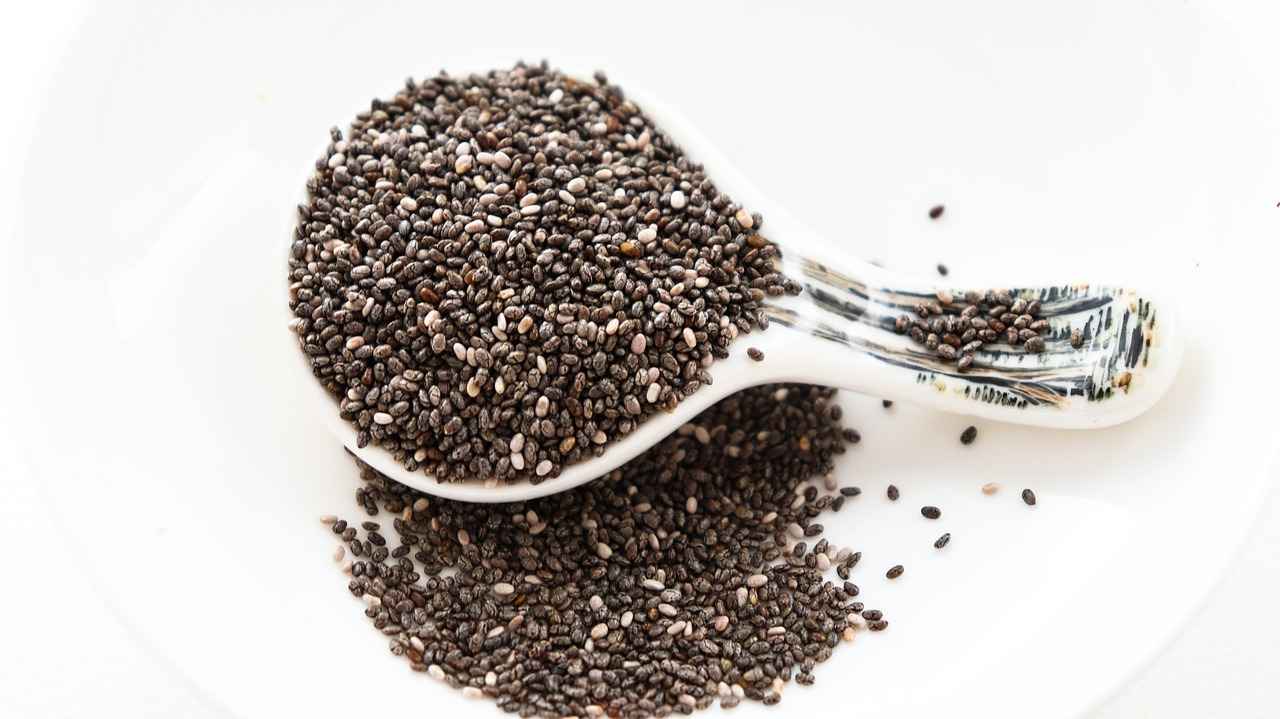
Are There Any Side Effects of Chia Seeds?
Chia seeds have become a popular addition to many diets due to their numerous health benefits. However, as with any food, it’s important to understand potential side effects, especially when consuming them in larger quantities. In this section, we will explore the possible side effects of chia seeds and how to consume them safely.
While chia seeds are generally safe for most individuals, there are a few potential side effects to be aware of. These can include:
- Digestive Discomfort: Consuming large amounts of chia seeds can lead to digestive issues such as bloating, gas, or constipation. This is primarily due to their high fiber content.
- Choking Hazard: When chia seeds are dry, they can absorb water and expand significantly. If ingested without sufficient liquid, they may pose a choking hazard.
- Allergic Reactions: Although rare, some individuals may experience allergic reactions to chia seeds, resulting in symptoms such as itching, rashes, or gastrointestinal distress.
To minimize the risk of side effects, it is crucial to introduce chia seeds into your diet gradually. Here are some tips:
- Start Small: Begin with a small amount, such as one teaspoon, and gradually increase your intake as your body adjusts.
- Stay Hydrated: Drink plenty of water throughout the day, especially when consuming chia seeds. This helps to prevent digestive discomfort and ensures the seeds can expand properly in your digestive system.
- Mix with Liquids: Soak chia seeds in water, juice, or smoothies before consuming them. This will help them expand and become easier to digest.
While chia seeds are beneficial for many, certain individuals should exercise caution:
- Pregnant and Nursing Women: Although chia seeds can be beneficial, it’s best to consult with a healthcare provider before adding them to your diet.
- Individuals with Gastrointestinal Issues: Those with existing digestive problems may want to avoid chia seeds or consult with a healthcare professional before consuming them.
Consuming chia seeds in moderation allows you to enjoy their health benefits without experiencing adverse effects. These tiny seeds are rich in omega-3 fatty acids, fiber, and essential nutrients, which can contribute to improved heart health, digestive health, and weight management.
In conclusion, while chia seeds are a nutritious addition to your diet, it’s essential to be mindful of your intake. By introducing them gradually, staying hydrated, and being aware of any personal health concerns, you can enjoy the many benefits of this superfood without the risk of side effects.
Frequently Asked Questions
- What are the primary health benefits of chia seeds?
Chia seeds are packed with nutrients that promote digestive health, support heart health, and aid in weight management. Their high fiber content helps you feel full, while omega-3 fatty acids contribute to lower cholesterol levels.
- How can I use chia seeds in my meals?
You can easily incorporate chia seeds into your diet by adding them to smoothies, yogurt, oatmeal, or salads. They can also be used as a thickening agent in recipes, making them a versatile addition to various dishes.
- Are there any side effects of eating chia seeds?
While chia seeds are generally safe, consuming them in excessive amounts can lead to digestive discomfort. It’s best to start with small quantities and increase gradually, ensuring you stay hydrated.
- Can chia seeds help with energy levels?
Absolutely! Chia seeds provide a steady release of energy thanks to their balanced macronutrient profile, making them an excellent choice for athletes and anyone needing sustained energy throughout the day.
- Are chia seeds suitable for everyone?
Most people can enjoy chia seeds without issue, but if you have specific health concerns or dietary restrictions, it’s wise to consult with a healthcare professional before adding them to your diet.
